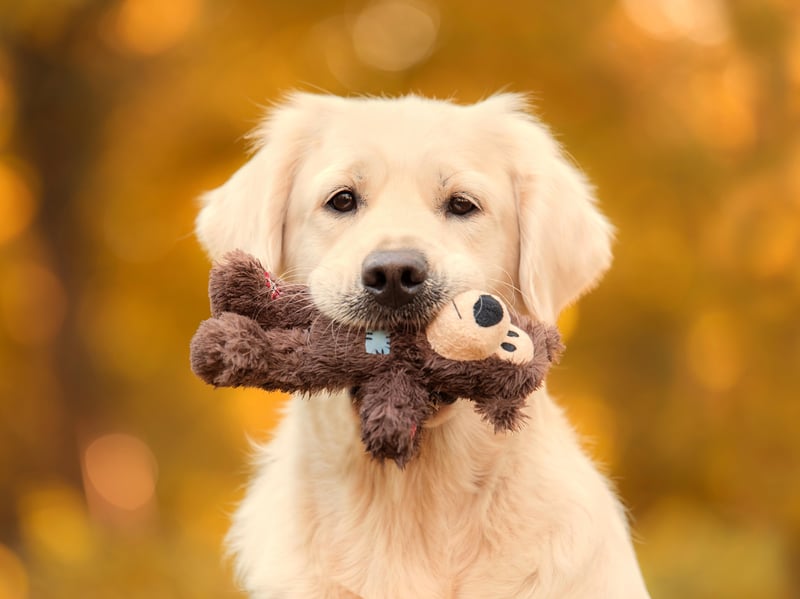Due to a recent change of our website, the process for submitting refill requests online has now changed.
Please click on “Sign Up Today!†to create a new account, and be sure to download our NEW Mobile app!
Thank you for your patience during this transition
Manténgase sano!

- Cara Murez
- Posted July 21, 2022
Dogs' Keen Sense of Smell May Help Them 'See'
While humans typically use their sight to orient themselves, dogs navigate the world by combining their sense of smell with their vision.
So claims a new study that found dogs' sense of smell is integrated with their vision and other unique parts of their brain.
"We've never seen this connection between the nose and the occipital lobe, functionally the visual cortex in dogs, in any species," said senior study author Pip Johnson, an assistant professor of clinical sciences at Cornell University in Ithaca, N.Y.
"When we walk into a room, we primarily use our vision to work out where the door is, who's in the room, where the table is," she explained in a university news release. "Whereas in dogs, this study shows that olfaction is really integrated with vision in terms of how they learn about their environment and orient themselves in it."
Johnson's team also discovered connections to the spinal cord and the occipital lobe that are not found in humans.
The findings were published July 11 in the Journal of Neuroscience.
Johnson said the research confirms her own clinical experiences with blind dogs, who function remarkably well despite their vision loss.
"They can still play fetch and navigate their surroundings much better than humans with the same condition," Johnson said. "Knowing there's that information freeway going between those two areas could be hugely comforting to owners of dogs with incurable eye diseases."
By identifying these new connections in the brain, researchers may also have opened up new questions for future study.
"To see this variation in the brain allows us to see what's possible in the mammalian brain and to wonder -- maybe we have a vestigial [an evolutionary remnant] connection between those two areas from when we were more ape-like and scent-oriented, or maybe other species have significant variations that we haven't explored," Johnson said.
More information
The American Kennel Club has more on vision loss in dogs.
SOURCE: Cornell University, news release, July 18, 2022
